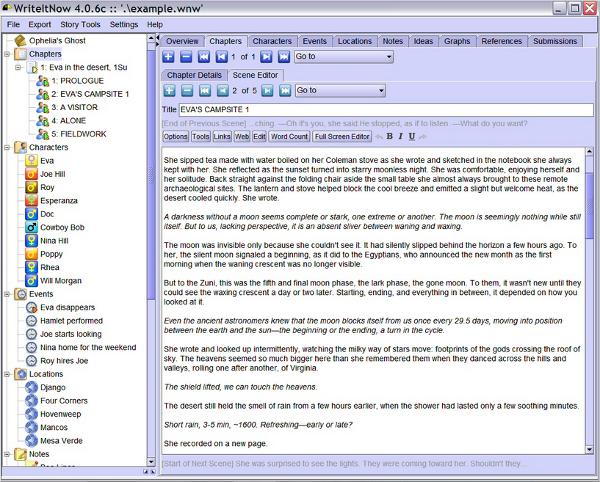
These narratives about their struggle-and we are fortunate that so many of the literate Communards chose to write something about their experience-are already highly theoretical documents. I looked closely not only at what they did but at what they thought and said about what they were doing, the words they used, fought over, imported from the past or from distant regions, the words they discarded.

What I did instead was to immerse myself for several years in the narratives produced by the Communards themselves and a few of their fellow travelers of the period. To my mind this amounts to summoning up the poor Communards from their graves only in order to lend gravitas to philosophizing. Communard actions become the empirical data marshaled in support of verifying the given theory, as if the material world were a sort of local manifestation of the abstract rather than the other way around. Historians and political theorists have been responsible for most of the massive literature generated by the Commune, and in the case of the latter-whether communists, anarchists, or even philosophers like Alain Badiou-this means approaching the event from the perspective of an already-formulated theory. By liberating it from the two histories that have instrumentalized it, I was certain we would be able to perceive the Commune anew as a laboratory of political invention.Ĭommunal Luxury is neither a history of the Paris Commune nor a work of political theory in the ordinary sense of the term. At the same time the Commune has never, in my opinion, fit easily into the role that French national history tries to make it play as a kind of radical sequence in the establishment of the Republic. In my book, the Paris Commune reemerges freed from that historiography, and offering a clear alternative to the centralism of the socialist state. The Paris Commune has always been an important point of reference for the left but what is new about today is in part the entire post-1989 political context and the collapse of state socialism, which took to the grave a whole political imaginary.


The need, for example, to refashion an internationalist conjuncture, or the status of art and artists, the future of labor and education, the commune-form and its relation to ecological theory and practice: these were my preoccupations. While much has been written about the military maneuvers and legislative disputes of the Communards, I wanted to revisit the inventions of the insurgents in such a way that some of today’s most pressing problems and goals might emerge most vividly. I decided to restage what took place in Paris in the spring of 1871 when artisans and communists, workers and anarchists took over the city and organized their lives according to principles of association and federation. Contemporary events drew me to a new reflection on the Paris Commune, which for many remains a kind of paradigm for the insurgent city. My books are always interventions into specific situations. They experienced their own neighborhoods transformed into theaters for strategic operations and lived a profound modification of their own affective relation to urban space. Militants across the world had reopened and were experiencing the space-time of occupation, with all the fundamental changes in daily life this implies.

Kristin Ross: Like many people after 2011 I was struck by the return-from Oakland to Istanbul, Montreal to Madrid-of a political strategy based on seizing space, taking up space, rendering public places that the state considered private. How does your book add to our understanding of this world-historical event, and why did you decide to write it now? ROAR: The Paris Commune has been studied and debated for almost a century and a half. ROAR editor Jerome Roos spoke to her about the Commune’s legacy, its impact on 19 th century radical thought, and the revival of the communal imaginary in our times. Her recent book, Communal Luxury: The Political Imaginary of the Paris Commune (Verso, 2015), is a masterful study of the ideas and aspirations driving the historic revolt. Kristin Ross is Professor of Comparative Literature at New York University.


 0 kommentar(er)
0 kommentar(er)
